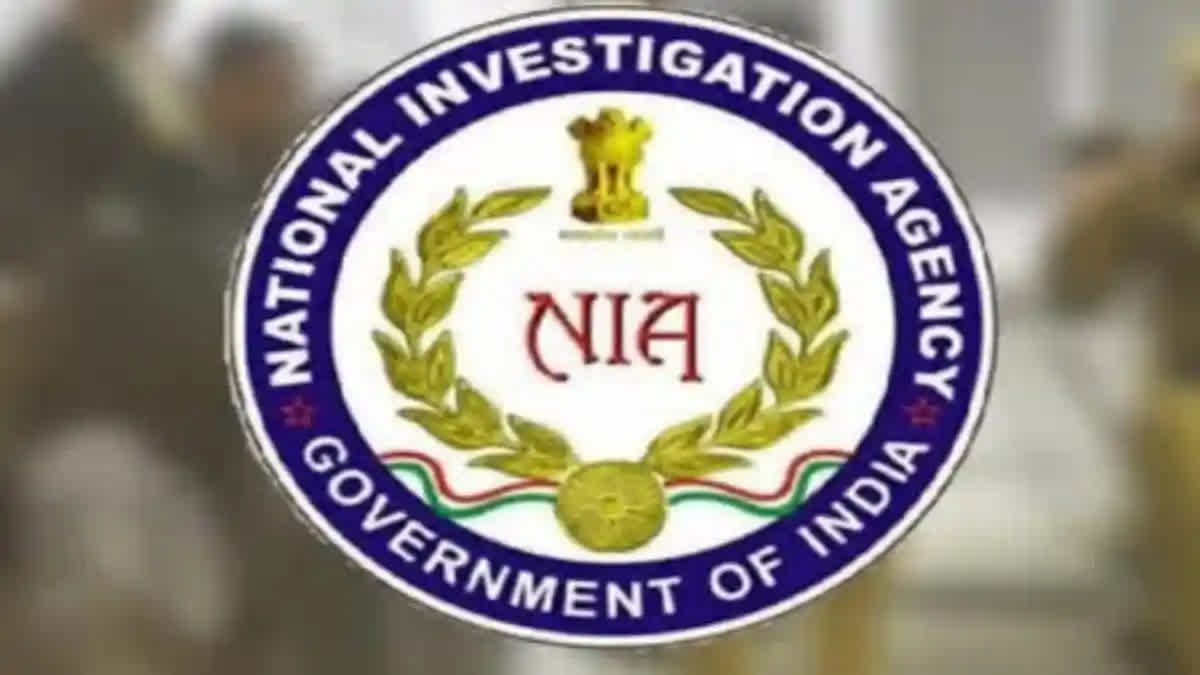New Delhi: With an aim to tackle terrorist organisations, the National Investigation Agency (NIA) will train cyber officials of other central security agencies to make them aware of the use of a central database for detecting terrorists by facial recognition.
A senior official in the security agency told ETV Bharat on Friday that during the training programme, security officials will be made aware of the National Terrorism Data Fusion & Analysis Centre (NTDFAC).
Launched by Union Home Minister Amit Shah recently, the NTDFAC has compiled information on the terror groups, details of the terrorists and their associates, including their case history, fingerprints, videos, pictures and social media profiles.
"The date and venue for the training programme will be chalked out soon. We are also planning to provide training to the officials of state intelligence as well," the official said.
The Centre has been giving huge emphasis on the cyber security issues, the official added.
It may be noted that Union Home Minister Amit Shah has always been emphasising such a unique database which can be used by different agencies with proper coordination.
Significantly, the issue of cyber security has also got much more emphasis in the interim budget announced by Finance Minister Nirmala Sitharaman on Thursday in the Lok Sabha.
The budget for the Home Ministry’s cyber security component also registered a 73 per cent hike. The Centre has sanctioned Rs 151 crore this year to fight cybercrime. Last year, the revised estimated budget was approximately Rs 87 crore.
"Indian Cyber Crime Coordination Centre (I4C) acts as a nodal point to fight cybercrime. And with cybercrime becoming one of the fastest growing transnational crimes, it has become a key sector that needs coordination among different stakeholders," the official said.
Significantly, the modernisation of state police forces and Crime and Criminal Tracking Network and Systems (CCTNS) has also witnessed a huge increase in budget allocation. From Rs 264.12 crore sanctioned in 2023-24, the interim budget registered an increase of Rs 520.51 crore under this component.
Ironically, funds for the Intelligence Bureau (IB) saw a dip of Rs 73 crore in the Interim Budget. The Centre sanctioned Rs 3,195 crore to meet the administrative requirements of the IB.
Last year, the sanctioned amount was Rs 3,269 crore. The budget for the National Grid Intelligence, which aims to improve capability to counter internal security threat was, however, raised by a few lakhs.
- " class="align-text-top noRightClick twitterSection" data="">



